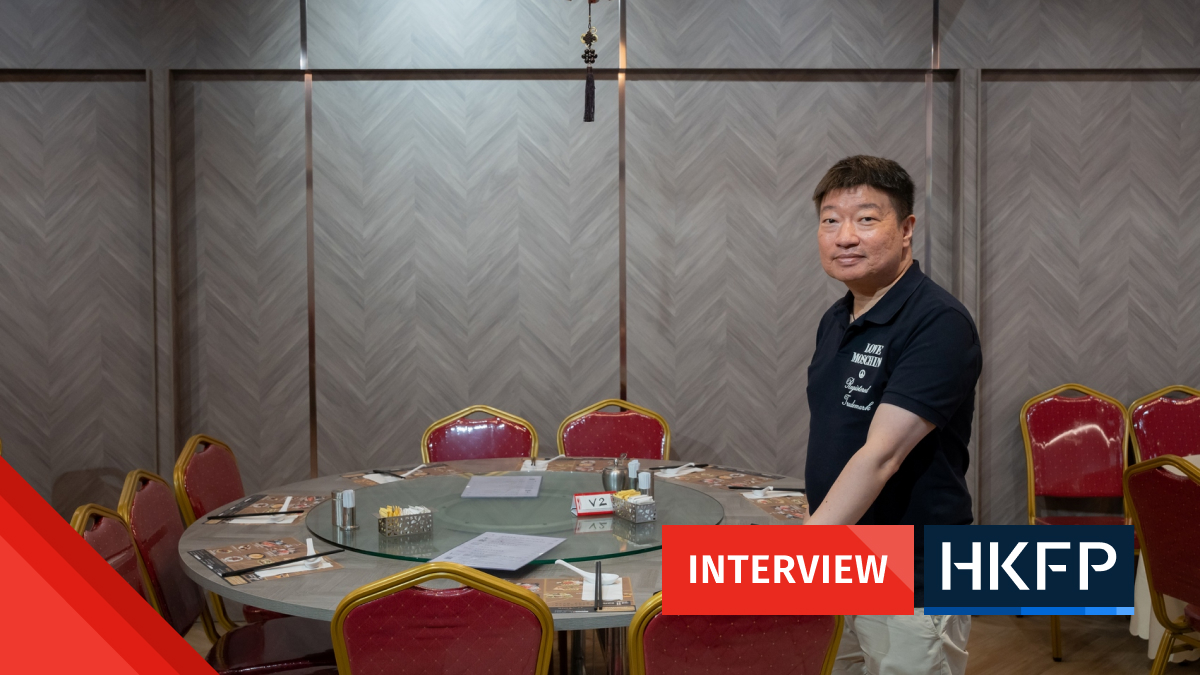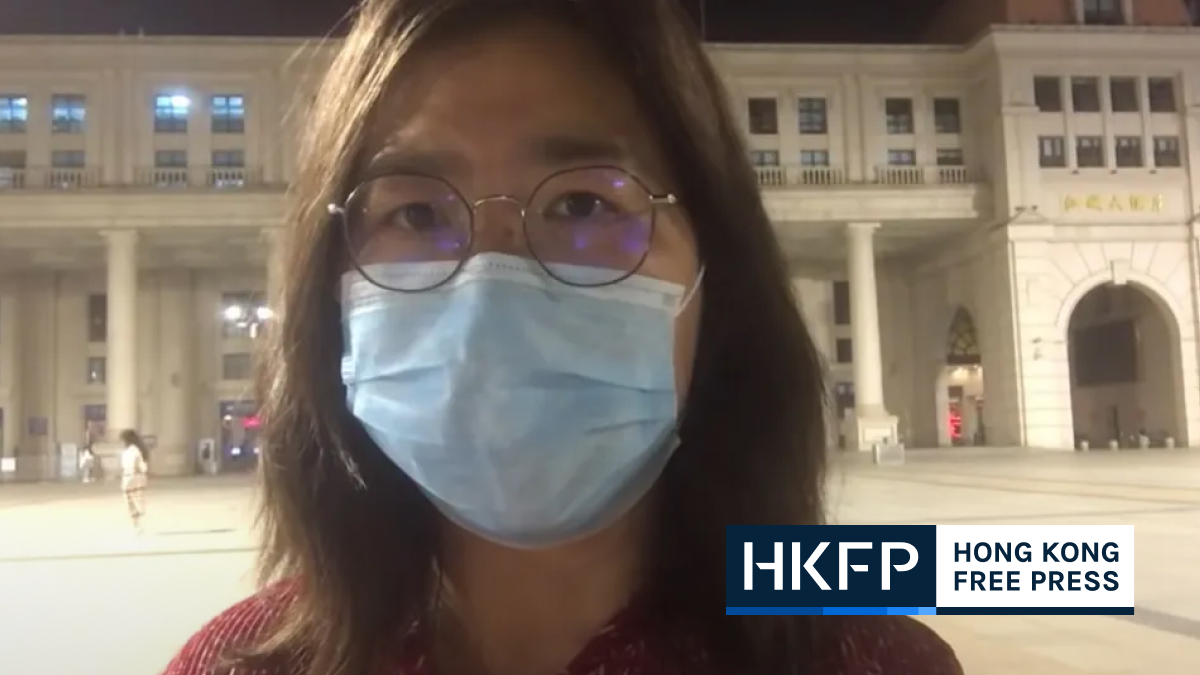Hong Kong will expand its BioNTech coronavirus vaccination programme to children as young as 12, reducing the age limit from 16, Secretary for Food and Health Sophia Chan announced on Thursday.
“After considering the opinion of the Advisory Panel and Covid-19’s risk to public health, the Secretary for Food and Health thought that the efficacy of lowering the vaccination age of BioNTech vaccine is greater than its risk,” a government statement said.

“Not only can it protect adolescents from COVID-19 infection, it can also enable them to resume normal school and daily life as soon as possible.”
Hong Kong reported just one imported infection on Thursday. The city of 7.5 million has recorded 11,849 cases and 210 deaths since the beginning of the pandemic over a year ago.
A free government mass vaccination programme has received a relatively muted response, with 1,419,065 people having received at least one dose as of Wednesday. Of these, 1,047,396 people were fully vaccinated.
Vaccination hesitancy
Only one in four unvaccinated people were prepared to receive a dose in the coming six months, according to the results of a survey published by the Chinese University of Hong Kong on Thursday.
The university’s medical school conducted 1,200 phone interviews between April 23 and May 8 this year, and only around 25 per cent of unvaccinated respondents said they planned to get vaccinated in the next six months.

Some people were hesitant because they believed the jabs could have fatal side effects even though the government has said there was no link between vaccinations and reported deaths. Respondents also said they were waiting for a better vaccine.
The CUHK team found that doctors’ recommendations were more persuasive than those of family, friends, employer or the government.
The government announced on Tuesday that the Expert Committee on Clinical Events Assessment Following COVID-19 Immunisation would only announce individual death cases of vaccinated people if they saw a potential link with the vaccination.
The move was to avoid “unnecessary misunderstandings” and protect citizens’ confidence in the vaccines, Chief Executive Carrie Lam said on Wednesday.

However, the decision was slammed by some medical experts, including leading microbiologist Yuen Kwok-yung, who said that the government should publish even more data, according to Ming Pao.
“I think when the government announces death cases post vaccinations, it is most important to also announce how many people in Hong Kong still died each day even when they did not take the vaccine, such that the public will not have any illusions,” said Yuen.
Government vaccination rate
Following reports of a police officer who was mistakenly diagnosed with Covid-19 after he tried to receive a vaccination on Monday, HKFP reached out to the disciplined services to inquire about their vaccination rates.
The Customs and Excise Department, Immigration Department, Correctional Services Department, Hong Kong Police Force, Government Flying Services, Civil Aid Service, and the Fire Services Department said they had no statistics but would encourage vaccinations.
Support HKFP | Policies & Ethics | Error/typo? | Contact Us | Newsletter | Transparency & Annual Report | Apps
Help safeguard press freedom & keep HKFP free for all readers by supporting our team















